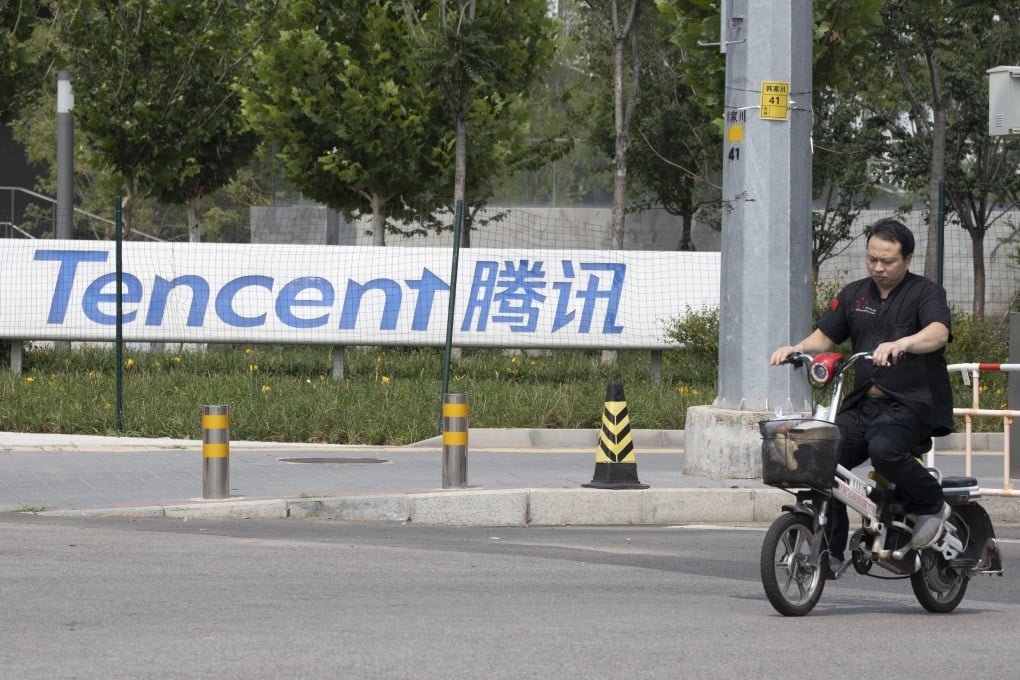Chinese tech firms face curbs on overseas expansion under Trump 2.0, UBS analyst says
Chinese companies will continue international push amid slowing growth at home, but face greater risks, UBS analyst Kenneth Fong says

“As the new US government takes office, we expect that there will be more policies or news that will affect Chinese companies’ overseas businesses, including cross-border e-commerce, video gaming, and artificial intelligence,” Kenneth Fong, head of China internet research at UBS, said in a media briefing in Shanghai on Monday.
However, Chinese companies will continue to invest in overseas markets amid the geopolitical risks, he added.
Chinese tech companies should worry about three things regarding geopolitical risks, according to Fong: the possibility of US companies being barred from investing in Chinese tech firms, potential additional restrictions on the purchase of AI chips, and the impact of trade tensions on their overseas businesses.
